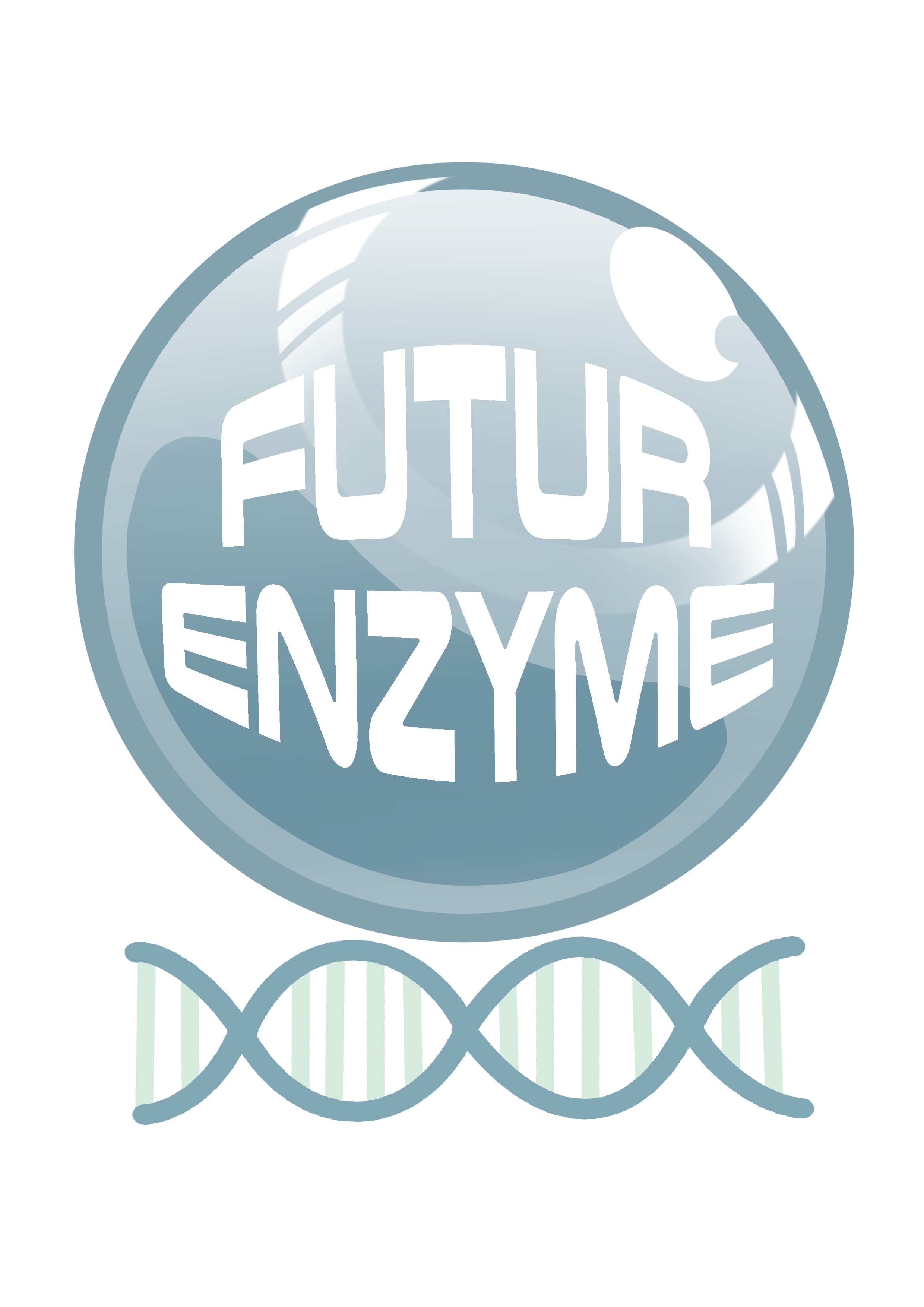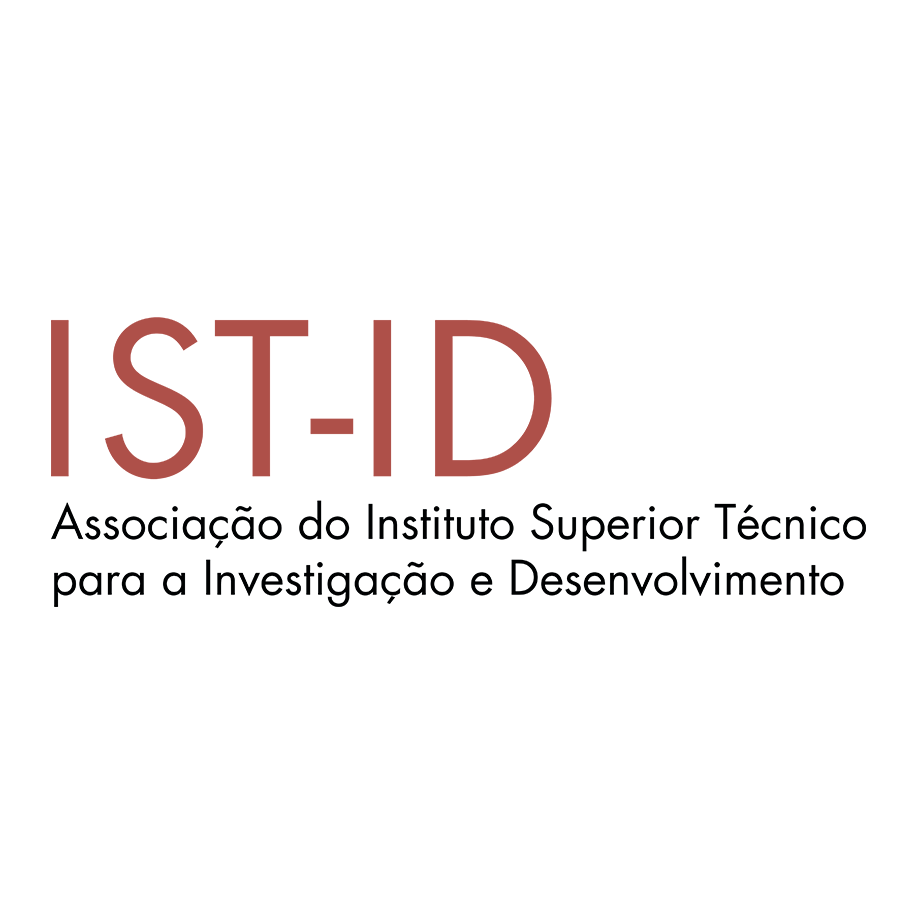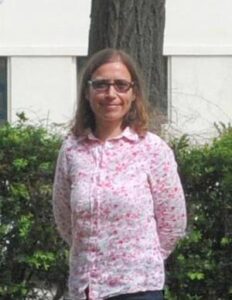The Association of Instituto Superior Técnico for Research and Development (IST-ID) is a private not-for-profit institution, aiming at carrying out scientific and technological activities, encouraging knowledge and technology transfer to society. Besides its own research teams, hired directly by IST-ID as part of research projects, the Instituto Superior Técnico (IST) provides to IST-ID a number of professors and researchers, under the Third-Party agreement between the two institutions, to pursuit the RD&I activities promoted by IST-ID. IST is the largest and most reputed school of Engineering, Science and Technology in Portugal . Since its creation in 1911, IST’s mission is to contribute to the development of society by providing top quality higher education, at undergraduate and postgraduate levels, as well as developing Research, Development and Innovation (RD&I) activities to allow it to provide teaching in line with the highest international standards. The structure consists of 10 departments (academic units), in the areas of Bioengineering; Civil Engineering, Architecture and Georesources; Electrical and Computer Engineering; Nuclear Sciences; Engineering and Management; Computer Science; Mechanical Engineering; Chemical Engineering; Physics and Mathematics.
The Bioengineering Research Group (BERG) of the Institute for Bioengineering and Biosciences (iBB) at IST aims at supporting the biologically-based engineering solutions that are essential to meet challenges like the affordability of biopharmaceuticals, the sustainable production of carbon-based commodities and water resource recovery. This is performed by designing and developing tools, technologies and materials required to solve industrial bottlenecks and to translate scientific. advances into new products and processes.
WP1: Representing the project management and coordination activities.
WP3: Implementing activity-based platforms to screen enzymes demanded by manufacturers.
WP4: Implementing systems for producing and characterising enzymes and finding best ones.
WP6: Establishing a platform for a sustainable supply of the best enzyme formulations.
WP7: Delivering enzymatic strategies for formulating 3 innovative real-life consumer products.
WP8: Focusing on dissemination, exploitation and communication.
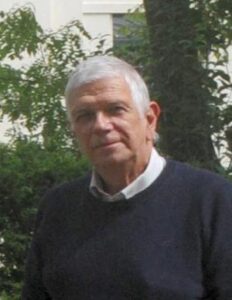
Prof. Joaquim Cabral
is Full Professor (since 1992) at IST, IST Distinguished Professor (2015-present), Director of iBB, and was Head of the Department of Bioengineering (2011-2018). Prof. Cabral has an outstanding track record on the design and development of pioneering high education programmes, establishing best pedagogic practices in advanced training, being the coordinator of the PhD Programme in Bioengineering. He was a former Chairman and is Honorary Member of the Section of Applied Biocatalysis of the European Federation of Biotechnology, and member of the editorial board of several journals in biotechnology. His research focus is on bioreactor technologies for biocatalysis and biotransformations.
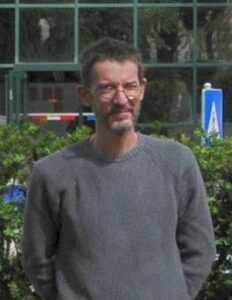
Dr. Pedro Fernandes
is a research scientist at IBB. Fernandes´s work has consistently focused on the design and implementation of enzyme and whole cell based systems for the production of useful chemicals. He has been particularly engaged in the use of high throughput miniaturized set-ups for rapid bioprocess development.
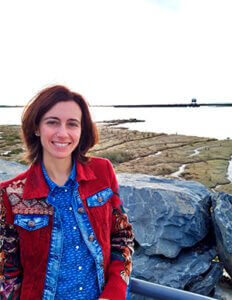
Dr. Patricia del Rocío Gómez Villegas
has a degree in Biotechnology, a degree in Biochemistry, and a PhD in Industrial and Environmental Science and Technology. Currently, she is in a postdoctoral research stay at Instituto Superior Técnico at the University of Lisbon within the framework of the Margarita Salas Scholarship granted by the Spanish government for the training of young PhD. Her research focuses on the identification of microbial diversity in extreme environments using molecular techniques and metataxonomy, as well as the isolation and study of marine and halophilic microorganisms as a source of industrial biocatalysts and bioactive compounds.
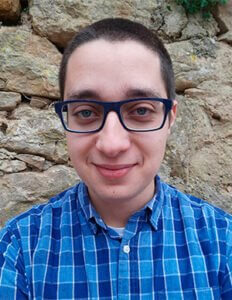
Luís Sousa
has a Bachelor’s degree in Biology and a Master’s degree in Applied Microbiology, both from the University of Lisbon. He previously worked with modified ultrafiltration membranes, with the aim of preventing biofouling. He is now undertaking his PhD under the supervision of Prof. Carla de Carvalho.
